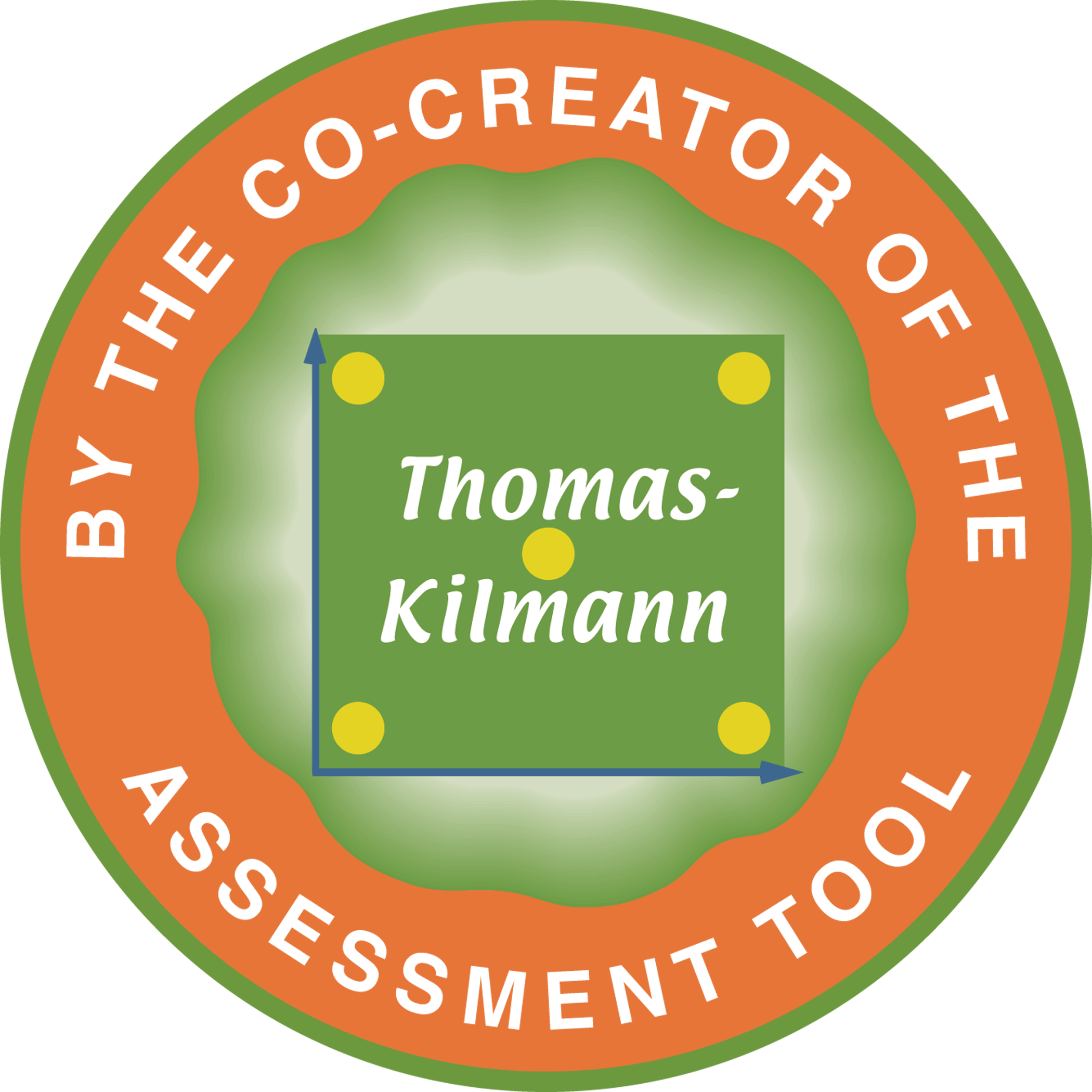29 Sep Bringing Greater Consciousness into Organizations
Ralph H. Kilmann, co-author of the Thomas-Kilmann Instrument (TKI)
Several years ago, I co-led as well as participated in a two-day workshop in England on making use of the TKI to help people broaden their sense of self (across all aspects of mind/body/spirit consciousness) by fully embodying all the systems and organizations that surround their life.

The basic premise is that roughly 80% of our beliefs, attitudes, and behavior are shaped by our surrounding systems (families, communities, organizations, and nations) and maybe only 20% is the remaining space for “free will” within those cultural systems. Some believe that the latter is even less than 20%, unless one is VERY conscious and has evolved beyond those organizational influences.
To make a long two-day workshop short, I had the participants complete the TKI twice, with two different sets of instructions: (1) Think of an organization in which you felt that you were actively encouraged to express your true and complete self throughout the day. How did you respond when you found that your wishes differed from those of others? (2) Think of an organization in which you felt that you were discouraged and thus did not feel safe to express your true and complete self throughout the day. How did you respond….? For each set of instructions, people responded to the 30 A/B choices on the TKI.
Computing and graphing each person’s conflict mode scores from the two TKI results led to some startling insights. Not only did people see how the nature (and health) of their systems had a huge impact on how they responded to conflict, but they also began to address the fundamental issues: Am I separate from my systems? Is my self defined only by me or also by my systems? Can I influence (and thus change) my surrounding systems so they are more supportive of my true AND complete self? Who is responsible for changing those surrounding systems to support consciousness, growth, evolution, and development? Do I have to choose between my self or my systems (on the distributive dimension of the TKI Conflict Model)? Or can I unify who I truly am by joining my previous sense of self and my new understanding of systems in an integrative (collaborative) manner? Bottom line: Which conflict modes will I use to resolve the inherent tensions between my systems and me? What are the short-term and long-term consequences of using those modes for my systems and me?
In this blog, I can’t do justice to all the discussions that unfolded during the two days from addressing these types of questions. But I can tell you that I plan to spend more time exploring the interface of person and system…and how the conflict modes (via the TKI) can help people expand their consciousness and bring it into all their systems and organizations.
Kilmann Diagnostics offers a series of eleven recorded online courses and nine assessment tools on the four timeless topics: conflict management, change management, consciousness, and transformation. By taking these courses and passing the Final Exams, you can earn your Certification in Conflict and Change Management with the Thomas-Kilmann Instrument (TKI). For the most up-to-date and comprehensive discussion of Dr. Kilmann’s theories and methods, see his 2021 Legacy Book: Creating a Quantum Organization: The Whys & Hows of Implementing Eight Tracks for Long-term success.





